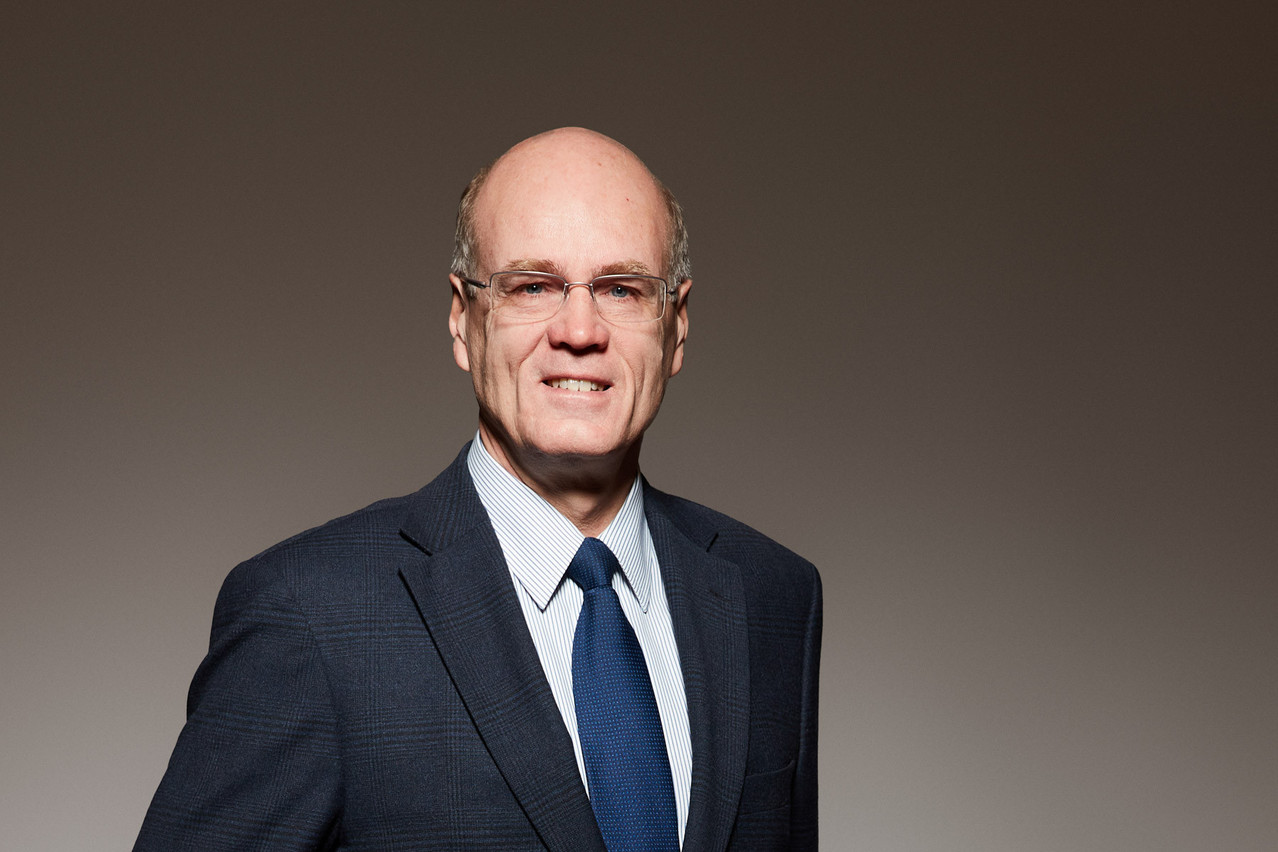Can you share with us SnT’s definition of New Space?
. – “New Space is a very diverse field, but the common thread connecting its initiatives is that they are characterised by independent actors bringing new ideas into what was, until recently, a very institutional industry. A couple of decades ago, the only actors in the space sector were either national space programmes like NASA and ESA, or large commercial operations like satellite operators or manufacturers, and launchers. Technology has made it possible for this industry to open up, with small satellites like CubeSats and innovations in the launch industry that make it possible to design sustainable business cases for niche markets.
At SnT, we are focused on innovations that enable New Space even further. We partner with companies that offer Earth-centric services and applications such as geolocation, navigation, communications, and Earth observation, to name a few. In the short term, of course, most commercial space ventures are centred around Earth. And this is an important step, to test the technologies and show they can deliver in our orbit, before going further into the solar system.
What does ‘good research’ mean and which profiles, expertise and areas are involved in this ‘good research’?
“Good research is international in nature, and it is all about creating new knowledge and finding solutions to challenging problems. But not only: at SnT, we always weigh prospective scientific advancements against their relevance for the community. Bringing science into practice can be challenging, which is why we build partnerships with industry, and government agencies, to validate research outcomes in real-world scenarios.
It all starts with attracting talent at a global scale, and bringing people together. We are an interdisciplinary research centre, so we bring in different types of expertise – computer scientists, engineers, as well as researchers with experience in human behaviour, regulatory, and legal fields. This is where a lot of exciting things happen, especially when tackling real-world problems.
Luxembourg is one of the 6 nations that signed the Artemis agreement to participate in missions to the Moon. What do you think about this?
“I am very excited about Luxembourg’s participation to the Artemis programme. Space has always been a field for international collaborations, and I hope that in a few years we will contribute to this mission by deploying technology developed in SnT’s laboratories.
It generally is an exciting time to conduct space research in Luxembourg: we also just saw the launch of the European Space Resources Innovation Centre, and we look forward to continuing supporting research and innovation in the local space industry.”
